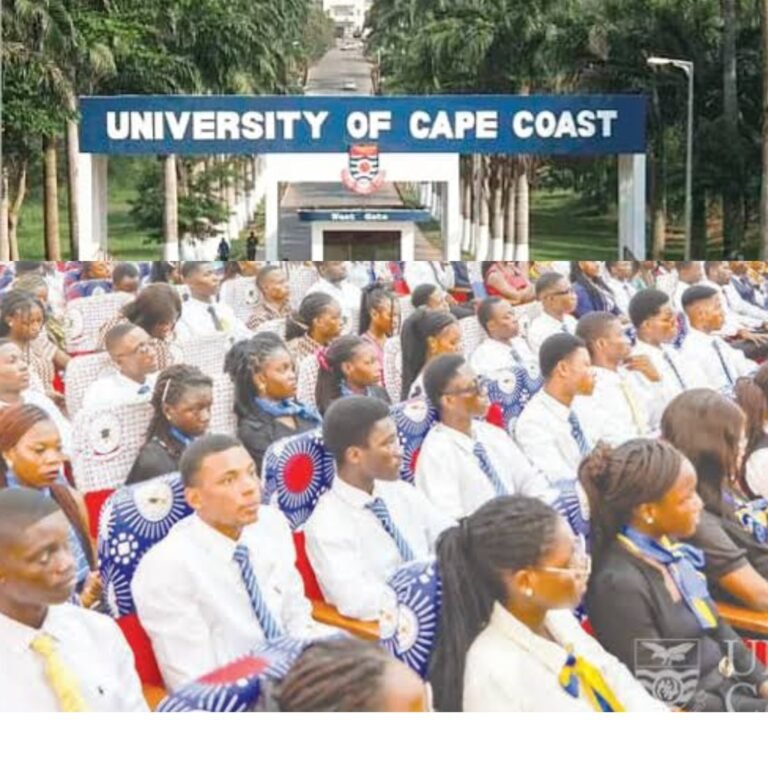
Asantehene, Otumfuo Osei Tutu II
Since colonial times, the wisdom and authority of traditional rulers in this part of the world has been formidable.
Little wonder, when Nana Agyemang Prempeh stood against British arbitrary decision to lord its systems over the Ashanti traditional culture and governance systems, it led to a conflict in which the Ashanti king had to be forced into exile.
As Africans, however, under a siege to switch to constitutional rule, that abiding force is still relevant in the several ways, as we have experienced in Ghana when we had to, for instance, set the raw laws aside to defer to traditional and religious leaders in managing conflict.
Strategic
Chiefs and religious leaders occupy a strategic position in the lives of any community for several reasons. First is that they are the cultural owners of land and its laws.
The second is that even in times of warfare, it is people from the community, not sons and daughters of politicians, who are conscripted to go to war. Next, while the tenure of the politician may be fixed, that of the traditional authority is abiding.
As we have seen, while a chief or king can reign for 20, 30 or 40 years, the politician needs the gun to rule beyond 10, 15 years.
Additionally, as custodians of the land, they hear and see more and, therefore, can analyze situations on the ground more than the politician. And, finally, it is the traditional authorities who know their environment and citizens, and also the kind of amenities that would benefit the community most.
As for the politician, his has only been to attempt a modern development of the environment, without desecrating the natural reserves which have been protected over centuries by traditional authorities before the advent of the politician.
Respect and recognition
That is why there has to be a respectable connect between the traditional and religious authorities and the politician, without the politician ever making the mistake that he can unlawfully stampede traditional authorities.
These truths have been reinforced over time from the reign of Dr Kwame Nkrumah through Generals Ankrah, AA Afrifa and Dr KA Busia and Limann up to Jerry Rawlings and his democratic successors till today.
And, we may recall that when any government decides not to listen to a politician, that government has a particular difficulty ignoring the leading traditional rulers and religious leaders.
Otumfuo’s message
That is why barely two months into the elections, the singular message to the flagbearer of the National Democratic Congress and that of the ruling New Patriotic Party should be seen in the relevant context.
In the days when kings were seen as divine, it was not because they claimed to be equal with God, but that in terms of fortitude, wisdom and guidance, they were expected to show the way.
Without being complacent and judgmental, we can recall that the message to each flagbearer was different, based on the circumstances of the flagbearer and his aspirations into the future. That is why both messages contain an ‘if and when’ – while he expected both contenders to live by his words of wisdom.
Otumfuo’s prophecy
It is the opinion of the Daily Statesman that while both flagbearers and their lieutenants straddle the political space, they will reflect on the king’s message and live it out in the last remaining weeks of the campaign period.
The revered king’s message to John Dramani Mahama, we recall, was: if you are back again, you should be able to convince the electorate on what you can improve upon this time around – nothing more.
And, to Nana Akufo-Addo, he said: “Your good works in office will speak for you.”
Let’s all as Ghanaians wait and see why kings have, over the ages, been said to be divine.







